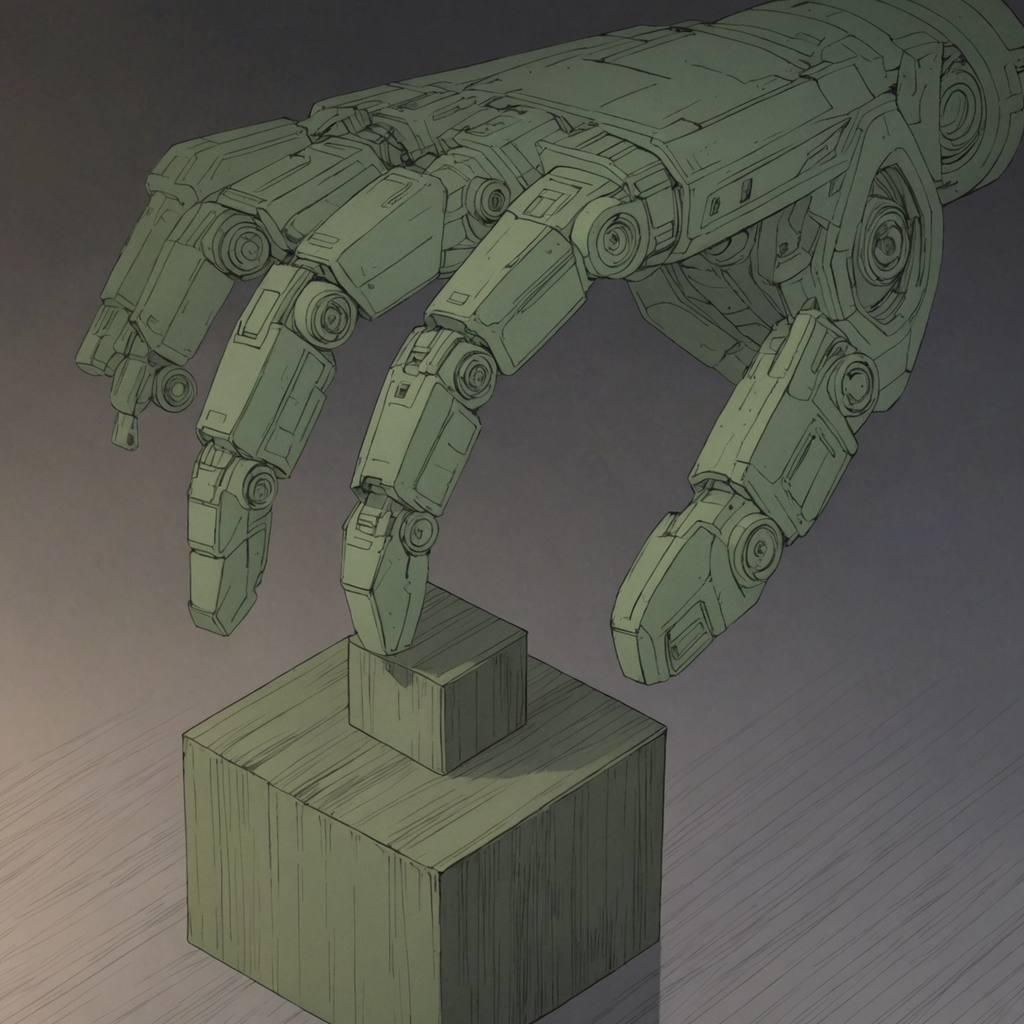OpenAI, a frontrunner in artificial intelligence research, is once again at the forefront of significant breakthroughs in AI. Known for its ambitious goal to achieve Artificial General Intelligence (AGI), OpenAI is pioneering developments that could redefine our interaction with technology. AGI represents a type of AI that can understand, learn, and apply knowledge across a variety of tasks, akin to human intelligence. This introduction into the realms of AGI not only excites tech enthusiasts and professionals but also piques the interest of stakeholders across various sectors.
OpenAI’s Recent Breakthrough in Reasoning AI
As reported recently, OpenAI has made significant strides in enhancing the reasoning capabilities of AI systems. This development is a leap toward achieving AGI, as it involves creating AI that can form logical conclusions and engage in problem-solving without prior extensive training in specific tasks. This contrasts sharply with previous AI models that required detailed programming for each specific function.
Contextual Developments in AI Across the Globe
Globally, the AI landscape is bustling with innovations. According to the 2024 AI Index Report, advancements in machine learning, neural networks, and cognitive computing are setting new benchmarks. Other major players like Google DeepMind are also making headlines with their projects, pushing the envelope in AI capabilities and applications, thus impacting the global tech industry profoundly.
The Technical Side: How Does Reasoning AI Work?
Delving into the technicalities, reasoning AI combines traditional computational models with cutting-edge neural networks. This integration allows AI to process and interpret vast amounts of data more effectively, making logical deductions similar to human reasoning. Insights from Forbes and The New York Times highlight how these technologies are not just theoretical but are already being integrated into industries, transforming how businesses operate and innovate.
Implications and Applications
The potential applications for reasoning AI are vast and varied. From healthcare, where AI can diagnose diseases and develop personalized treatment plans, to finance, where it can predict market trends and automate trading strategies, the implications are profound. However, with great power comes great responsibility. The ethical considerations surrounding AI development, such as privacy concerns, job displacement, and decision-making transparency, are as critical as the technological advancements.
What’s Next for OpenAI and the AI Community?
The trajectory for OpenAI and the broader AI community is set towards more integrated, intuitive, and independent systems. Experts predict that the next decade will witness AI becoming more ubiquitous and seamlessly integrated into everyday human activities. As we stand on the brink of these revolutionary changes, it is imperative to foster discussions and frameworks that ensure these technologies are developed and deployed responsibly and ethically.
Our Opinion
We invite our readers to delve deeper into the transformative world of AI by exploring detailed reports and engaging in scholarly discussions. Whether you are a tech professional, a business, leader, or a curious mind, the developments in AI offer insights and opportunities not to be missed. Join the conversation on platforms like LinkedIn and become part of the dialogue that shapes the future of AI.
In conclusion, OpenAI’s strides towards reasoning AI underscore a pivotal shift in artificial intelligence research. As we navigate these developments, the balance between innovation and ethical considerations will determine the broader impact of AGI on society.


